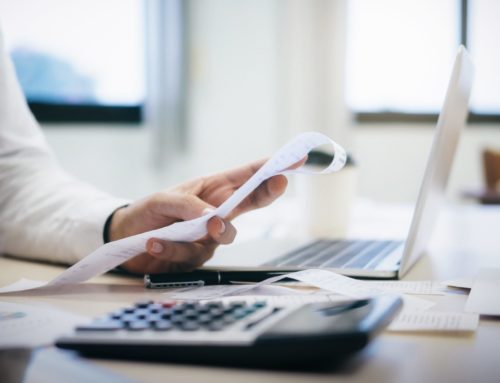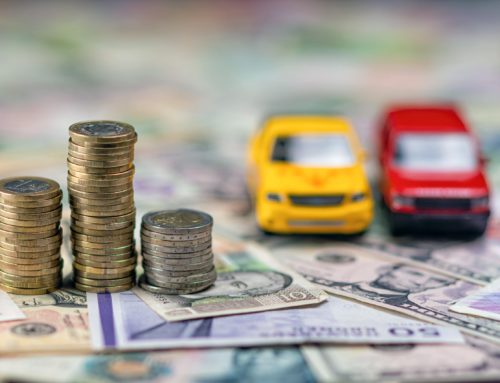What happens to secured and unsecured debts in bankruptcy?
If you are suffering a financial catastrophe, your debts are likely mounting up. To deal with the problem, you may have considered bankruptcy, but have questions about what will happen to your debts if you file. The answer to this simple question is rather complex, as it depends on many factors. However, one of the most important factors in determining what will happen to your debts is whether the debt in question is secured or unsecured.
Your secured debts are debts where collateral secures your obligation to repay the debt. Examples of this type of debt include mortgages and car loans. With secured debts, if you ever default on repayment of the debt, the creditor has the option to repossess the collateral and sell it to pay back what you owe.
Unsecured debts, on the other hand, are debts not secured by collateral. In cases where you fail to repay this type of debt, your creditors may not normally repossess any property. However, creditors may file a lawsuit against you, put liens on your property, or garnish your wages to get you to repay. Common unsecured debts include medical bills, credit cards, utility bills, and personal loans.
What happens to each type in bankruptcy?
The ultimate fate of each type of debt depends on the type of bankruptcy you choose to file. If you choose to file Chapter 7, most of your unsecured debts are quickly wiped away. However, with regard to your secured debts, Chapter 7 has a different effect. Although Chapter 7 eliminates your personal liability to repay your secured debts, it does not affect the right of your creditors to repossess the collateral involved if you do not bring your payments current.
If, however, you file Chapter 13 instead, both types of debt are consolidated into the repayment plan and repaid over three to five years. However, practically speaking, very little unsecured debt is repaid under the plan. This is because the bankruptcy laws require you to only repay your unsecured creditors to the extent that you would have if you filed Chapter 7 instead. Since most Chapter 7 filers do not need to repay their unsecured creditors anything, most unsecured debt is discharged once Chapter 13 has been completed.
Regarding secured debt, Chapter 13 can be a boon to filers. Although it does not discharge your secured debt, Chapter 13 does give you 3-5 years to become current on your secured debts, rather than requiring you to do this all at once. As long as you make the agreed payments towards your secured debt each month under the repayment plan, your creditors cannot repossess any collateral. By the end of Chapter 13, you are current on your secured debts and resume making the normal monthly payments on them that you made before you filed bankruptcy.
Although these rules seem neat and easy to understand, there are many exceptions to them. An experienced bankruptcy attorney can advise you on how filing bankruptcy will affect your specific debts and recommend the best way to escape the dire financial circumstances in which you find yourself.




Connect with Us